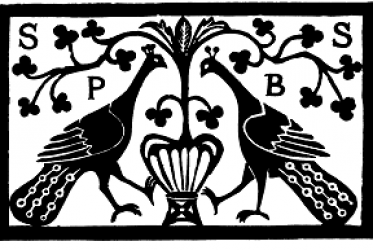 The Society for the Promotion of Byzantine Studies (SPBS) was established in 1983, with the object of furthering study and knowledge of the history and culture, language and literature of the Byzantine Empire and its neighbours.
The Society for the Promotion of Byzantine Studies (SPBS) was established in 1983, with the object of furthering study and knowledge of the history and culture, language and literature of the Byzantine Empire and its neighbours.
Its scope is wide, covering history, archaeology, art history, philology, theology and literary studies, and embraces all the language areas formerly within the Byzantine Empire – Syriac, Armenian, Arabic and Slavic, as well as Greek and Latin.
The Society’s world-wide membership is drawn from the interested public as well as practising academics: no professional qualifications are required. The executive of the SPBS also serves as the UK National Committee of the Association Internationale des Études Byzantines (AIEB).

